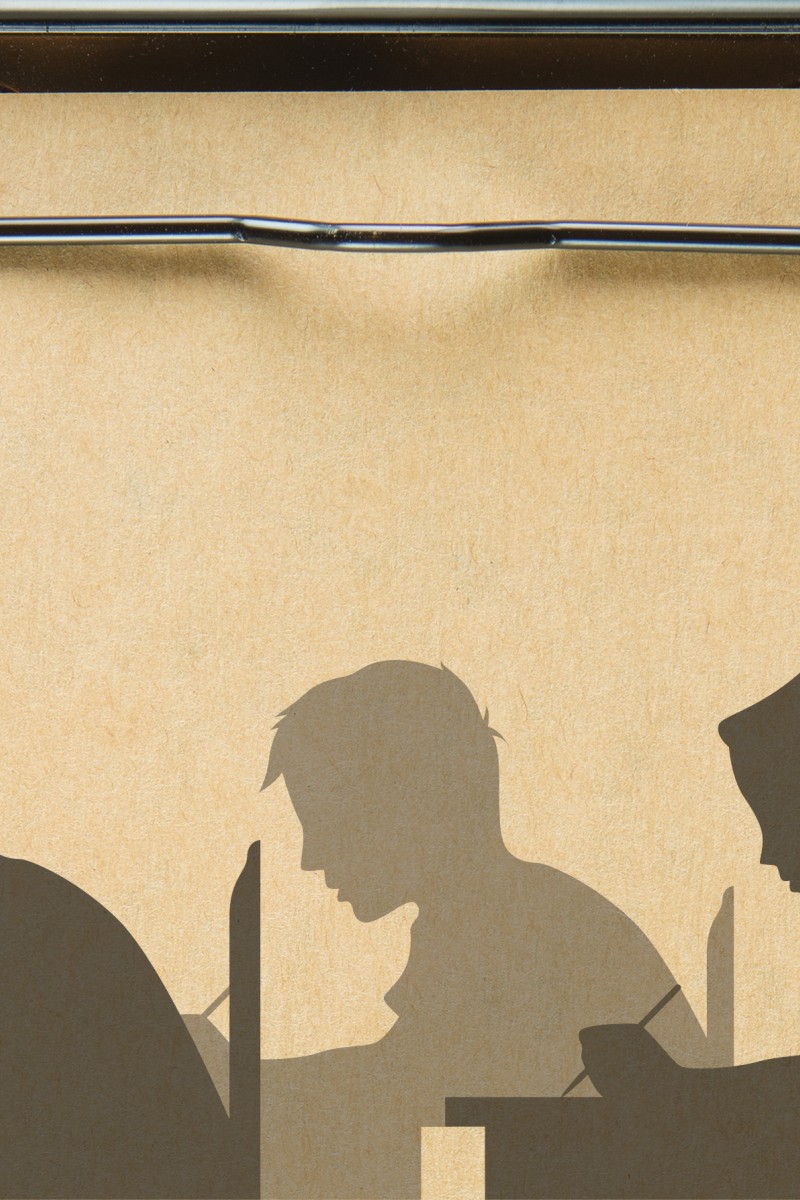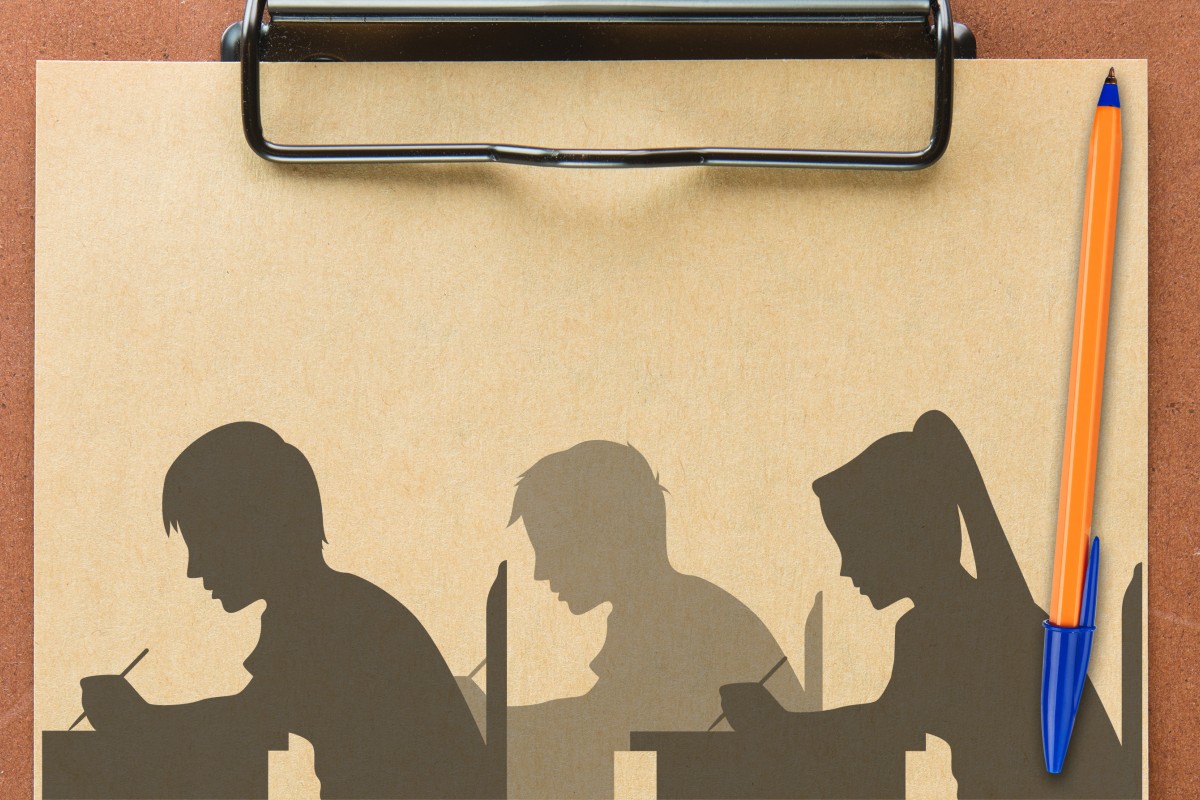
Stressed about exams? Here are some top tips from teachers and students on how best to prepare
Published:
By John Kang
Listen to this article
Exams can be worrying, and the last thing you want is to get worked up on the day. Stay stress-free with these can't-miss advice
By John Kang
|
Published:
Comment

After months of revision and weeks of stress, it's finally time for your exams. To help you better cope with those exams, Young Post asked experienced teachers and seasoned students for their best exam-taking tips.
Judy Sum Yau-man, Vice-principal of St Paul's Co-educational College
- Check exam dates carefully. It has happened before that some students didn't show up for an exam because they forgot or mixed up the dates. This is especially so for oral exams, which are often spread outside the written exam period and the exam dates and times vary. You might want to consider forming support groups to help remind each other.
Susan Lowrey, teacher at German Swiss International School
- Mistakes on exam day usually happen because of a lack of planning and organisation. Students often forget a piece of equipment or stationery, such as a calculator or a ruler. These problems can be avoided if students prepare these things the night before the exam. That way, you can go to bed more relaxed, knowing you won't be rushing around in the morning. It is also important that the stationery which you do bring is in good working order. A blunt pencil or a pen without any ink is of no use to anyone.
- Another common problem during the examination itself is that too many students do not read the instructions carefully. I have seen students lose many marks because they only answered one essay question when they were asked to answer two. I have seen others miss a question completely because it doesn't have any lined space to write the answer but instead asks a student to label or annotate a diagram. One useful technique to help avoid this is to take time to underline all of the important parts of the question before answering. This forces you to read the question carefully and ensures that you do not overlook any important instructions.
Amanda Chapman, NET teacher, SKH Tsang Shiu Tim Secondary School
- There's usually at least one student who arrives late and holds everyone up. Don't be that student!
- Don't waste a lot of time using correction pen and waiting for it to dry. Instead, plan your answers carefully before you start writing.
Here are some of the best study spots in Hong Kong, and a useful app to help you study more efficiently
Helen Wong, 15, Sha Tin College
- Bring a watch. If you're worried about your time management, a watch to keep track of time is really useful. People who always sit at the back of the exam hall often have to squint their eyes to make out the time on the big clock.
Conan Tsang, 20, Chinese University of Hong Kong
- Amy Cuddy, a psychologist and TED speaker, said your body language affects how you feel. Power posing, like standing and stretching your arms, will make you feel more confident. So standing tall and acting confident, even when you don't feel like it, can still make you feel better about the exam. Fake it 'til you make it!
Charlotte Chan, 16, German Swiss International School
- Bring an extra of everything, from pencils to protractors - even spare batteries for your calculator. You never know when that pen you've been using for months will suddenly run out of ink. Or you might accidentally drop your eraser in the exam hall and not be able to use it. It's also good to have extras to help out your friends if they forget something.
- If you don't know the answer to a multiple-choice question, just guess! There's usually a 20 to 25 per cent chance you'll choose the right answer, so just have a go at every question. A 25 per cent chance of getting it right is better than nothing!
Joy Pamnani, 16, Po Leung Kuk Ngan Po Ling College
- Read the marking scheme. Look at the marks for each question and decide what key points you need to get those marks.
Sharon Cheng, 16, King George V School
- I believe chewing a particular flavour of gum, like watermelon or apple, can help your memory. Chew a particular flavour of gum while you study, and then chew that same flavour right before your exam to trigger your memory and get you in the same state of mind as when you were doing those practice papers the weeks before.
Sign up for the YP Teachers Newsletter
Get updates for teachers sent directly to your inbox
By registering, you agree to our T&C and Privacy Policy
Comment
Sign up for YP Weekly
Get updates sent directly to your inbox
By registering, you agree to our T&C and Privacy Policy